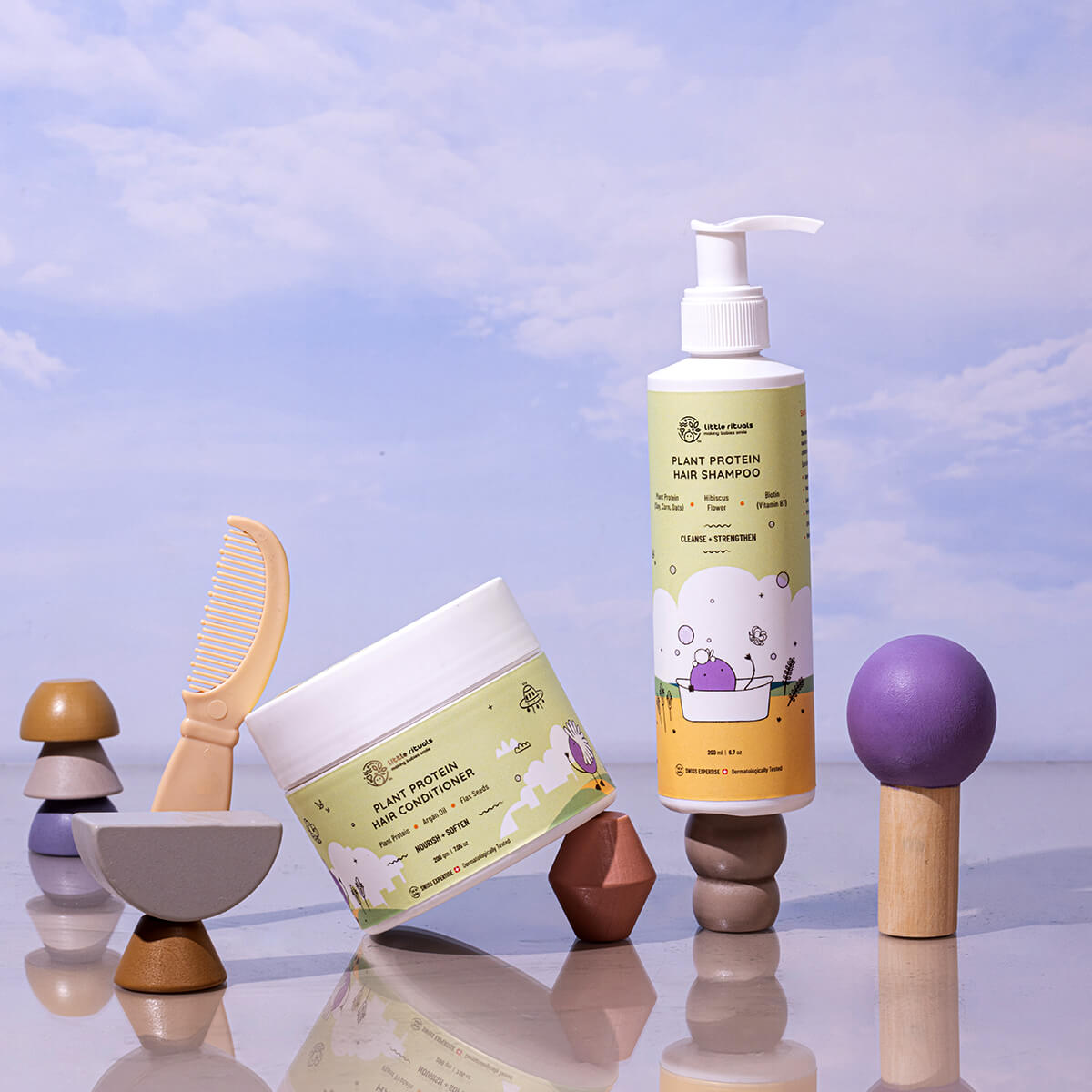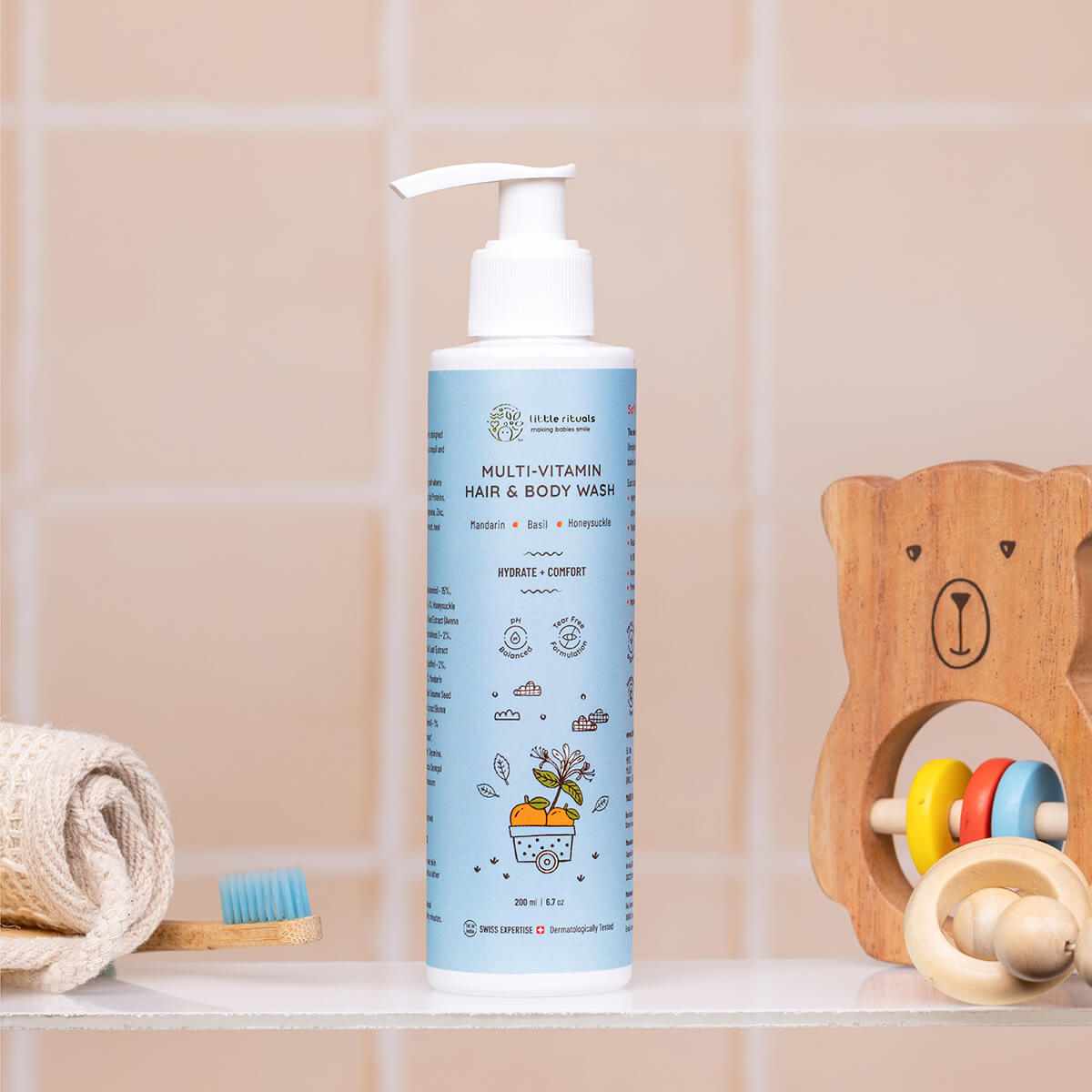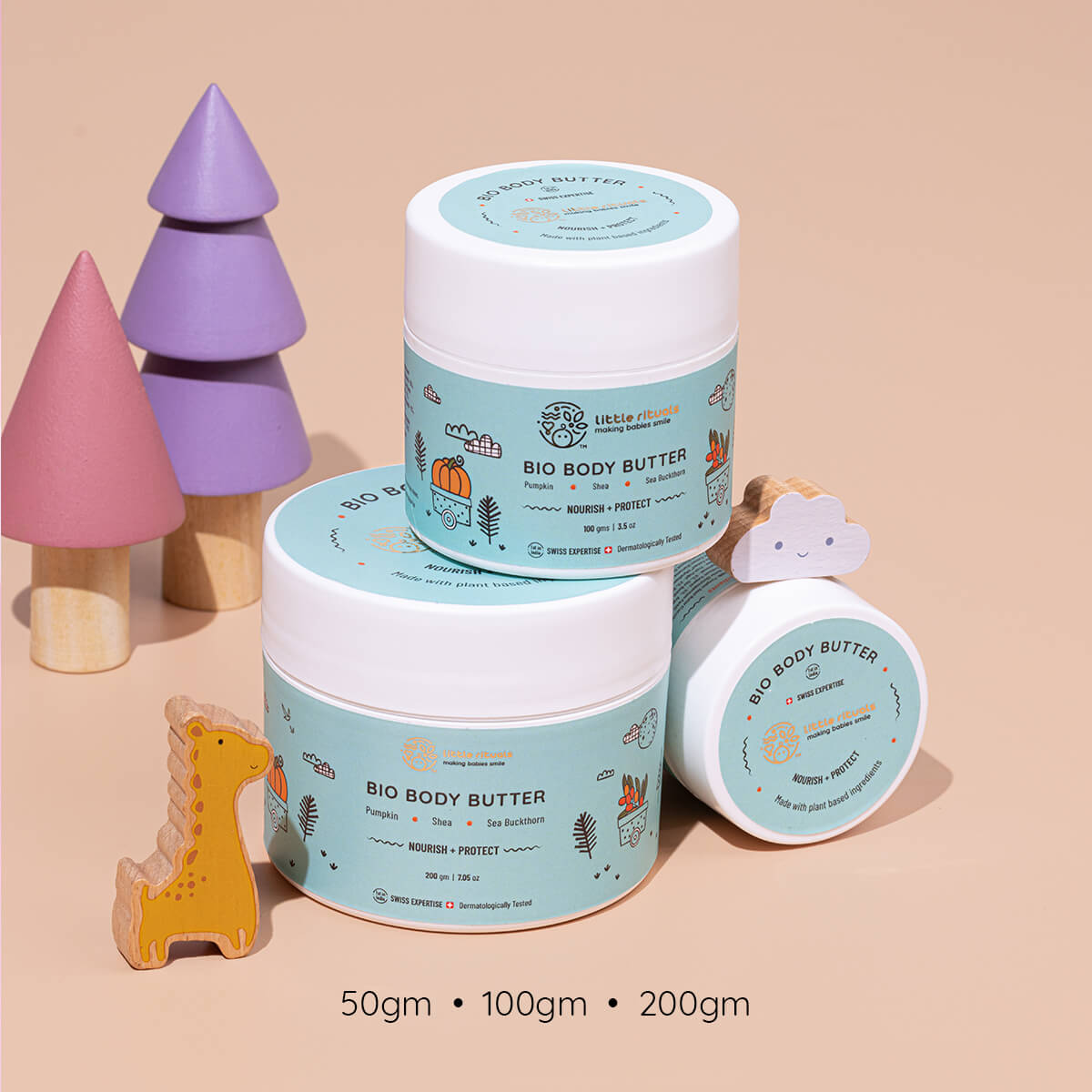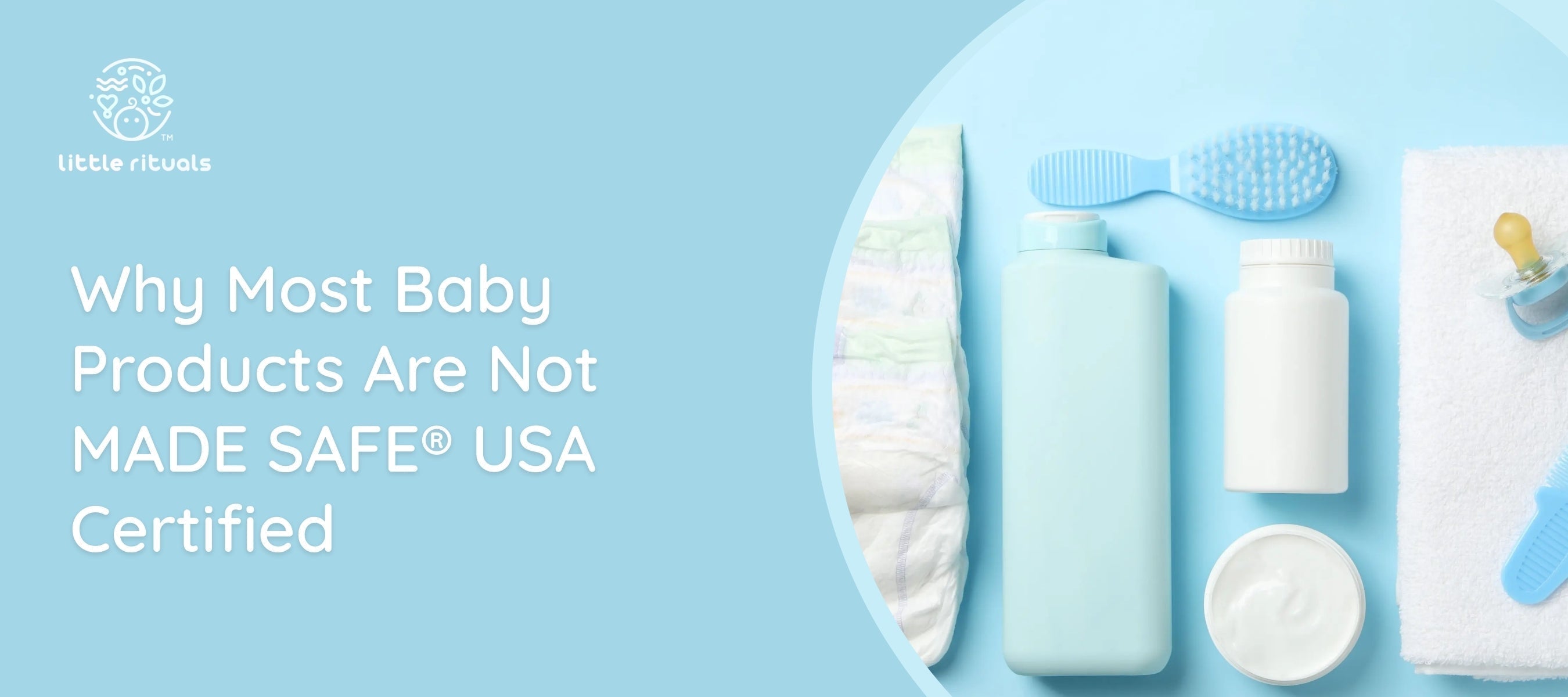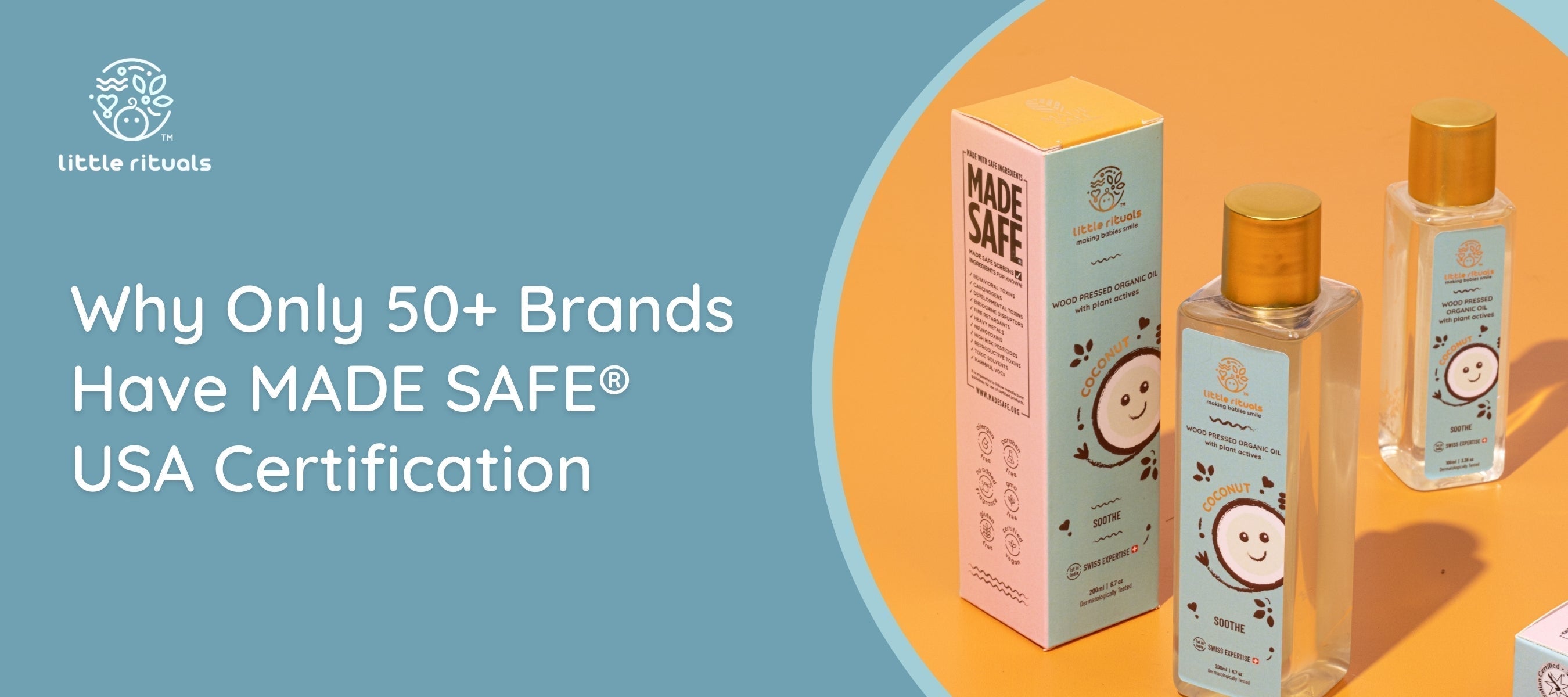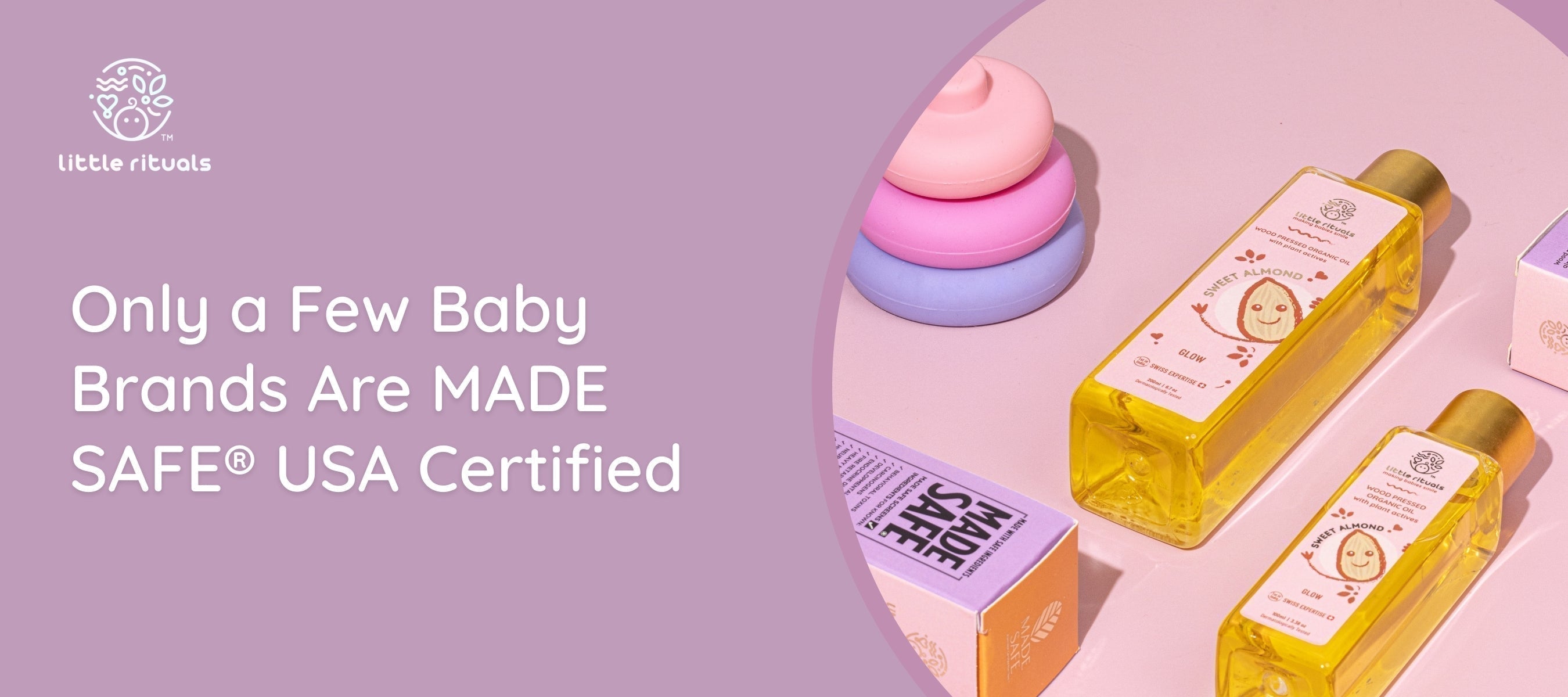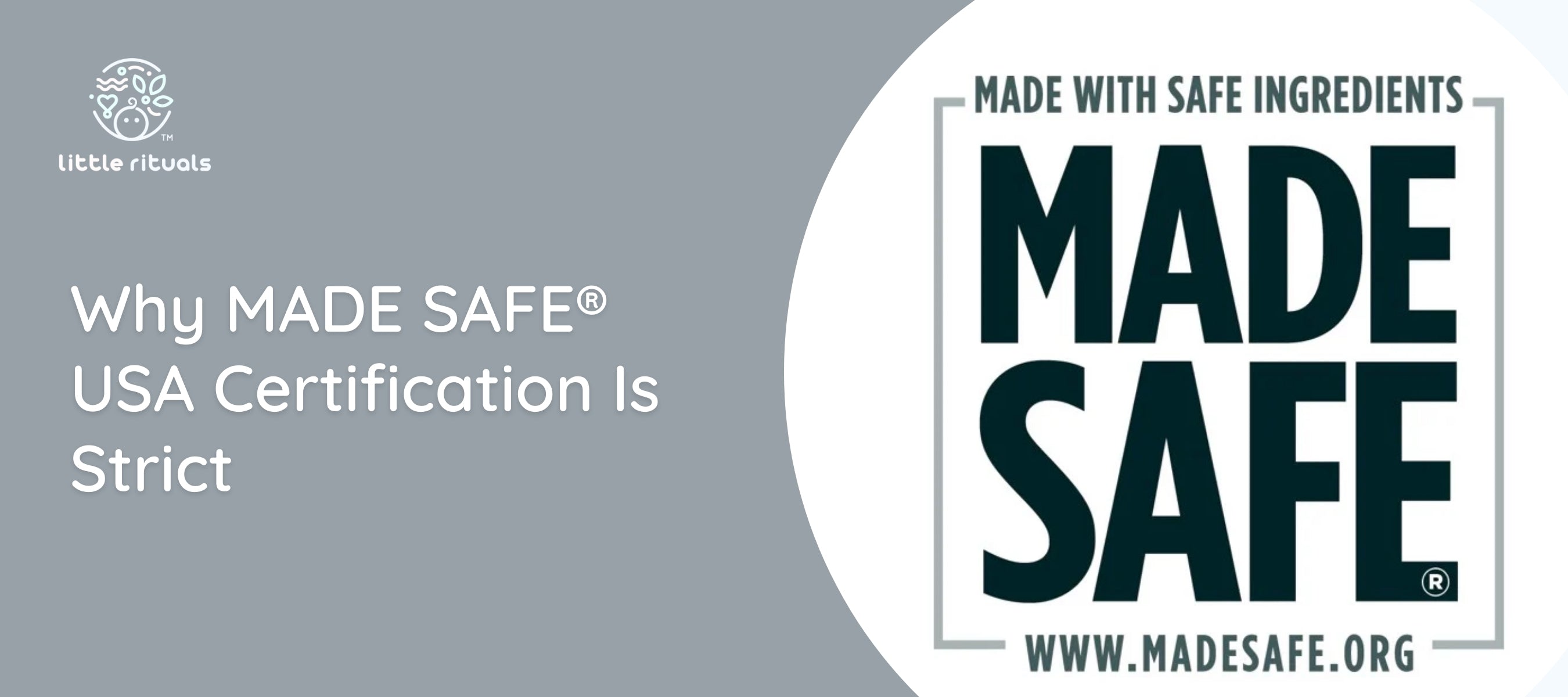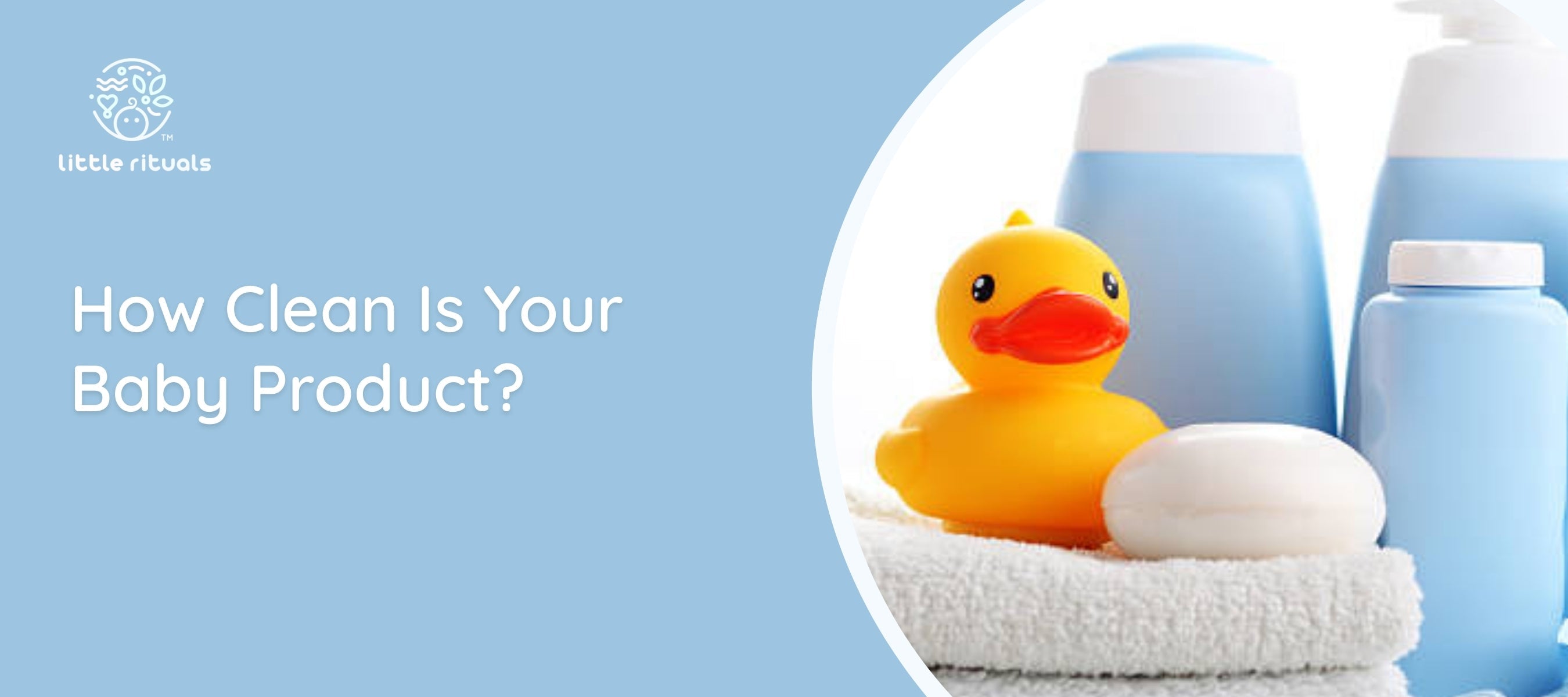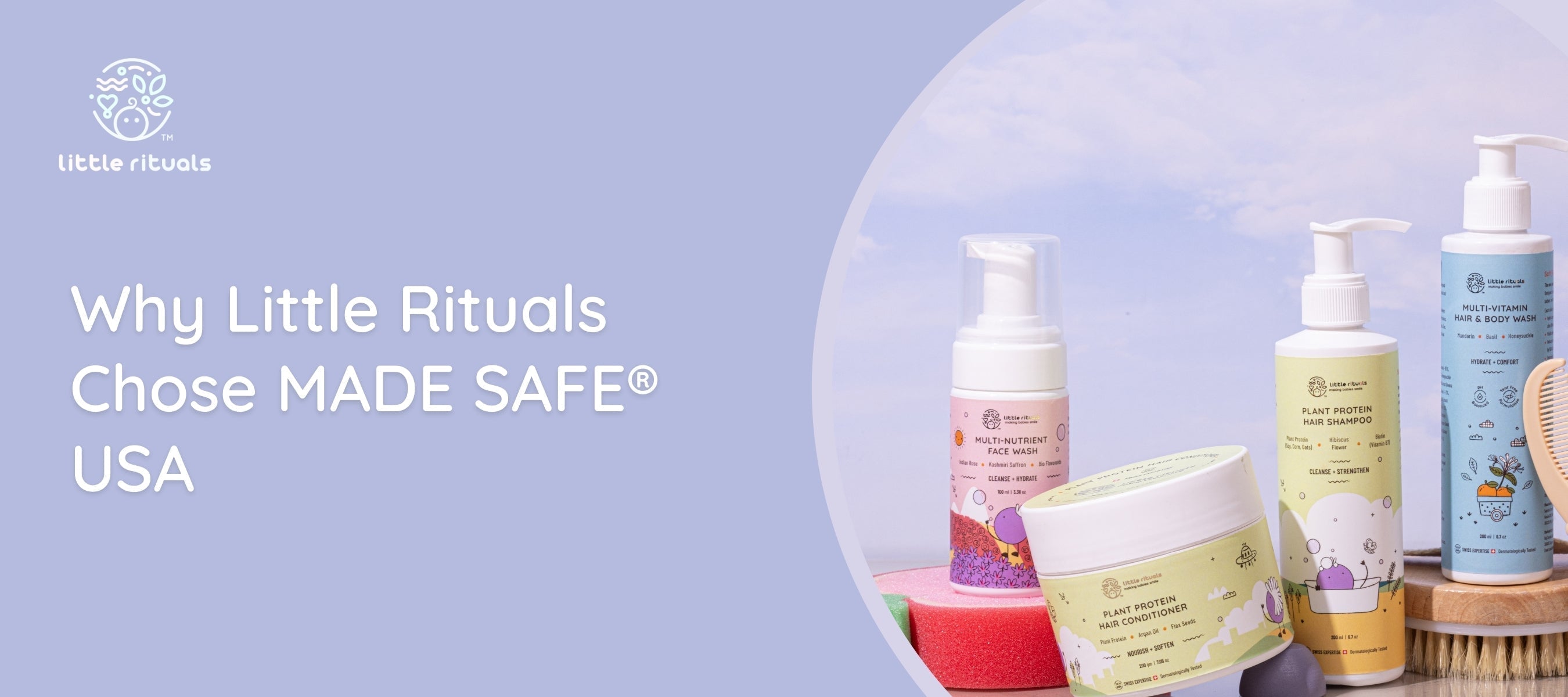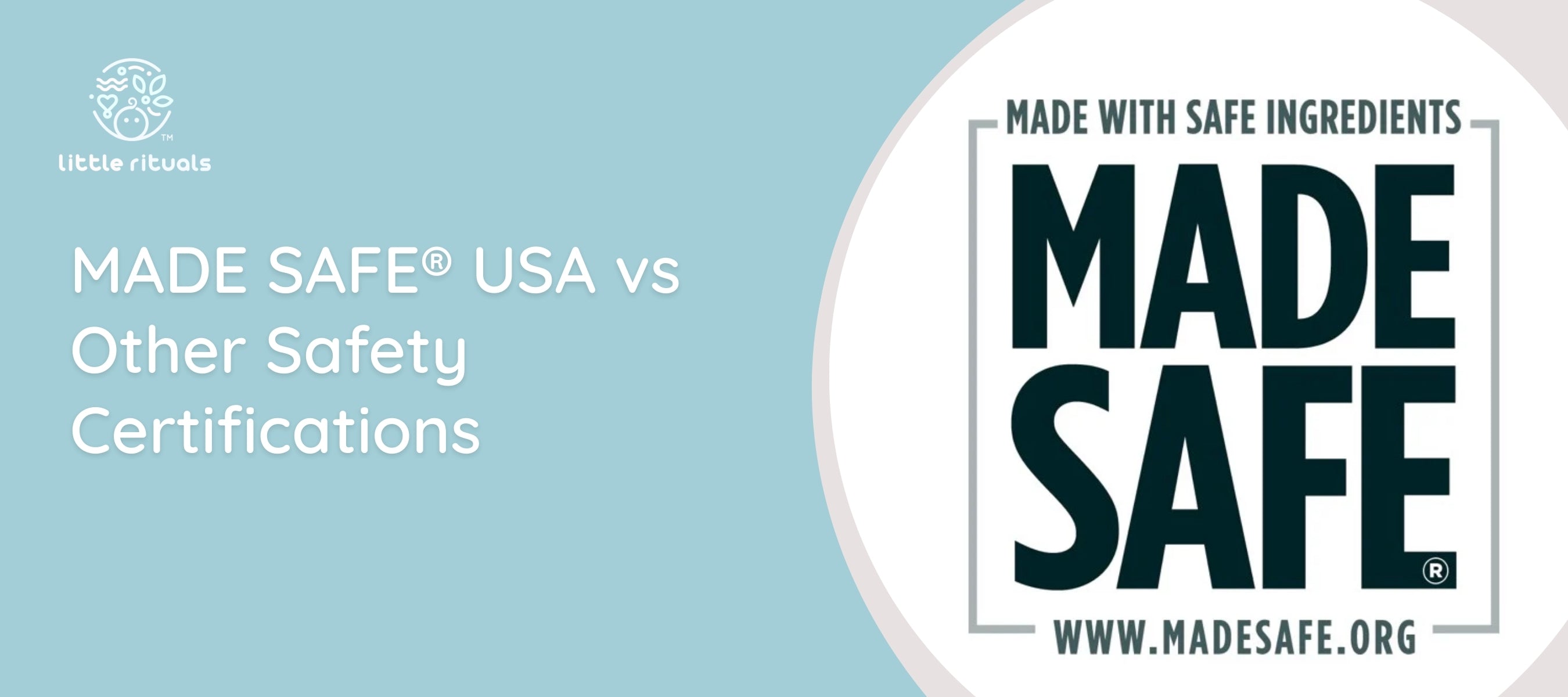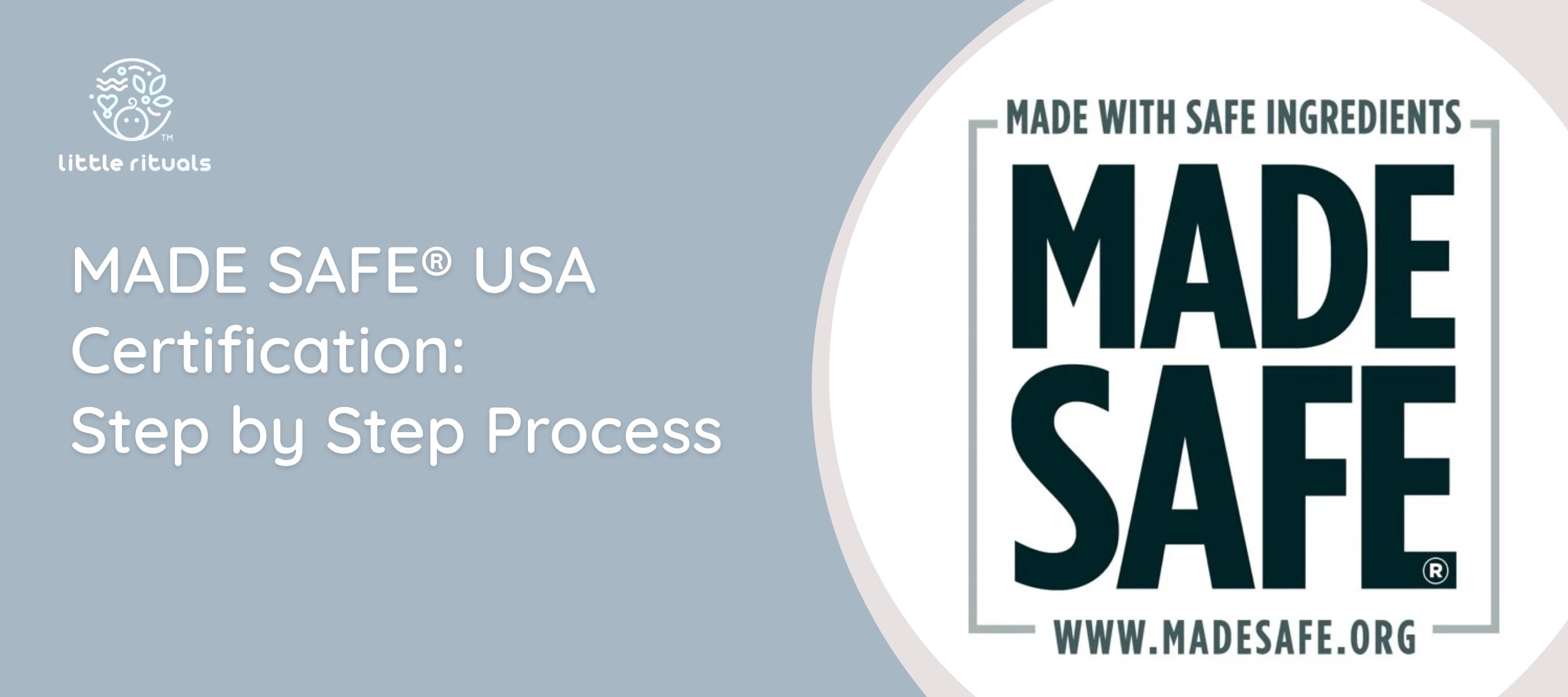
Tips to Keep Your Baby Happy and Healthy
Bringing a newborn into the world is an exciting and transformative experience. As a new parent, ensuring the happiness and health of your baby is likely your top priority. This journey, while joyful, can also be overwhelming with the plethora of advice available. To help you navigate these early stages, we’ve compiled a comprehensive guide on essential tips to keep your baby happy and healthy.
1. Establish a Routine
Consistent Sleep Schedule
Newborns thrive on routine. Establishing a consistent sleep schedule helps your baby understand when it’s time to sleep and wake up, which is crucial for their development. Aim for 14-17 hours of sleep per day, including naps.
Feeding Routine
Whether you are breastfeeding or formula feeding, having a feeding schedule can provide comfort and predictability for your baby. Newborns typically feed every 2-3 hours. As they grow, the frequency may decrease, but consistency remains key.
2. Proper Nutrition
Breastfeeding
Breast milk is packed with nutrients essential for your baby’s growth and development. It contains antibodies that help fight off viruses and bacteria. The World Health Organization recommends exclusive breastfeeding for the first six months.
Formula Feeding
If breastfeeding is not an option, high-quality formula is a healthy alternative. Ensure you follow the preparation instructions carefully and consult with your pediatrician to choose the best formula for your baby.
Introduction of Solids
Around six months, you can start introducing solid foods. Begin with iron-rich foods like pureed meats, iron-fortified cereals, and pureed vegetables and fruits. Always introduce one new food at a time to monitor for allergies.
3. Ensuring Safety
Safe Sleeping Environment
Always place your baby on their back to sleep to reduce the risk of Sudden Infant Death Syndrome (SIDS). Use a firm mattress with a fitted sheet, and keep the crib free of toys, pillows, and loose bedding.
Car Seat Safety
Ensure your baby is secured in a rear-facing car seat that meets safety standards. The car seat should be installed correctly and checked regularly for any adjustments as your baby grows.
Babyproofing Your Home
As your baby becomes more mobile, babyproofing your home is essential. Cover electrical outlets, secure furniture to walls, and use safety gates to restrict access to potentially dangerous areas.
Must Read: Shea Butter: The Secret to Soft, Healthy Baby Skin
4. Promoting Physical Health
Regular Pediatric Checkups
Regular visits to the pediatrician are crucial for monitoring your baby’s growth and development. These checkups include vaccinations, which protect your baby from various diseases.
Hygiene and Skin Care
Bathing your baby 2-3 times a week is sufficient in the early months. Use mild, fragrance-free baby soap and shampoo. Keep the diaper area clean and dry to prevent diaper rash, and use a diaper cream if necessary.
Encouraging Physical Activity
Tummy time is essential for developing your baby’s neck and shoulder muscles. Start with short sessions a few times a day and gradually increase the duration as your baby becomes stronger.
5. Supporting Emotional Well-being
Bonding and Attachment
Skin-to-skin contact, cuddling, and talking to your baby foster a strong emotional bond. This connection is vital for your baby’s emotional development and sense of security.
Responding to Cues
Babies communicate through crying and other cues. Responding promptly and consistently to your baby’s needs helps build trust and reassurance. Over time, you’ll learn to distinguish between different types of cries and respond accordingly.
Play and Stimulation
Engage in activities that stimulate your baby’s senses. Soft toys, music, and gentle rocking can be very soothing. Reading to your baby from an early age promotes language development and creates a loving interaction.
6. Maintaining Your Well-being
Self-care for Parents
Your well-being directly impacts your baby’s happiness and health. Ensure you get enough rest, eat a balanced diet, and find time for activities you enjoy. Don’t hesitate to seek support from family and friends.
Managing Stress
Parenting can be stressful, and it’s important to manage this stress effectively. Practicing mindfulness, deep breathing exercises, and even short walks can help reduce stress levels. Remember, it’s okay to ask for help when you need it.
Building a Support Network
Connect with other parents, join parenting groups, or participate in online forums. Sharing experiences and tips with others can provide comfort and practical advice.
Related Read: Know Everything About Made Safe® USA Baby Care Brand Products
7. Staying Informed
Educational Resources
Stay updated on baby care by reading books, attending parenting classes, and following reliable online resources. Knowledge empowers you to make informed decisions for your baby’s well-being.
Consulting Professionals
Don’t hesitate to consult healthcare professionals if you have any concerns about your baby’s health or development. Regular communication with your pediatrician is crucial for ensuring your baby’s needs are met.
To The Core
Keeping your baby happy and healthy involves a combination of love, care, and informed decision-making. By establishing routines, ensuring proper nutrition, maintaining safety, promoting physical and emotional well-being, and taking care of your own health, you can create a nurturing environment for your little one to thrive. Remember, every baby is unique, and what works for one may not work for another. Trust your instincts, be patient, and enjoy the precious moments with your baby.
By following these tips and staying attuned to your baby’s needs, you can embark on this incredible journey of parenthood with confidence and joy.
















